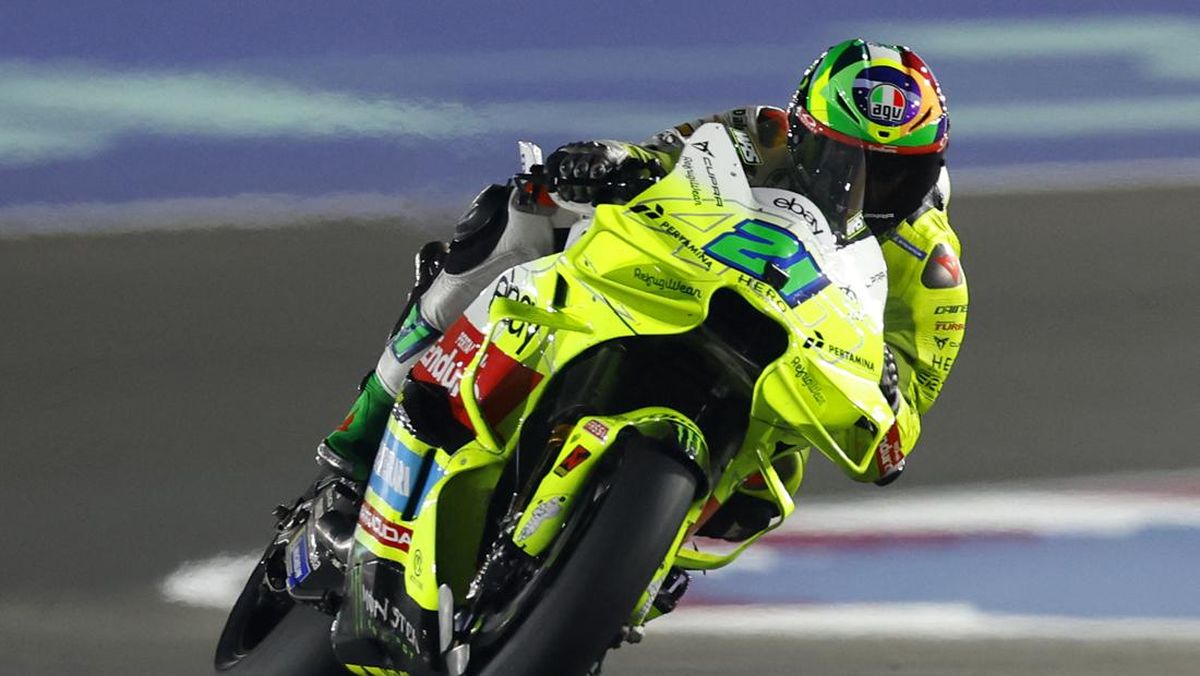Boris Akunin is one of Russia’s most popular authors. Erast Fandorin, his series of historical detective novels, has been adapted into feature films and TV miniseries. But he is also an enemy of the state, having been branded a “foreign agent” by the Russian authorities last year.
Akunin, whose real name is Grigory Chkhartishvili, has been outspoken against President Vladimir Putin’s invasion of Ukraine.
Recommended Stories
list of 4 items- list 1 of 4How has modern Russian culture been shaped by Putin’s war in Ukraine?
- list 2 of 4Moscow jails Russian-American journalist Alsu Kurmasheva for over six years
- list 3 of 4‘Propaganda lessons for everyone’: Russia’s wartime curriculum exposed
- list 4 of 4‘Attack on people’s memory’: Kashmir’s book ban sparks new censorship fears
“The ‘foreign agent’ label is the least of my problems; there are already more than a thousand ‘foreign agents’,” Akunin told Al Jazeera from London.
“Compared to the fact that a military court sentenced me to 14 years in prison for ‘justifying terrorism’ – that is, Ukraine’s right to defend itself – as well as putting me on the international wanted list, this is nothing.”
Bookstores and other retailers in Russia had already been pulling Akunin’s books from the shelves before September 1, when new restrictions were imposed.
Although selling books by designated “foreign agents” is not formally a crime, booksellers now, thanks to a law signed by Putin in April, risk complications for their business, such as possible fines and being barred from working with libraries and other public institutions.
The law bans so-called foreign agents from participating in educational or campaign activities. It also bars them from receiving support from local authorities or being on the boards of state corporations.
As such, in recent months, many retailers have been purging their stock of blacklisted authors.
Artem Faustov, the proprietor of Vse Svobodny (“Everybody is Free”), an independent book shop in St Petersburg, said there was plenty of interest in these rogue writers.
“By September 1, almost all of the ‘foreign agent’ books had been sold out,” he said.
“We didn’t even have to offer discounts. And on August 31, we stayed open for another two hours after closing time, until midnight, because customers kept coming. We’re returning the remaining foreign agent books to publishers.”
If there is not enough room left in the warehouse, unsold books are likely to be pulped.
Not in a ‘normal world’
These restrictions are the latest episode of an increasingly tightening censorship movement imposed on Russia’s literary world.
Censorship was strict during the Soviet Union, and some of the era’s most celebrated books, such as Mikhail Bulgakov’s The Master and Margarita – in which the devil visits 1930s Moscow – were either heavily redacted or banned altogether. The rules were gradually relaxed over the years before being entirely lifted in 1993, when the new constitution explicitly forbade censorship.
Nevertheless, in the 21st century, censorship has been steadily returning under Putin’s presidency.
In 2013, Russia outlawed what it deemed to be “LGBT propaganda”, which was vaguely defined, but in practice meant neutral or positive portrayals or discussions of non-heterosexual relationships and identity, for children.
In 2022, this law was expanded to include adults, and followed by the “international LGBT movement” being deemed an “extremist organisation”. Although no such formal organisation exists, supporting it is punishable by jail time.
The new legislation on books, cast as an amendment to an education law, applies retroactively, meaning violators can be prosecuted even though what they did at the time was not yet illegal.
In April, St Petersburg police raided the century-old bookshop Podpisniye Izdaniya, scouring the shelves for a list of titles containing “LGBT ideology” and other themes, such as feminism. Then, in May, three employees of the Eksmo and Individuum publishing houses were arrested for LGBT “extremism” over the 2021 publication of Pioneer Summer, a gay coming-of-age story set in the Soviet Union.
“Because of this novel, new amendments were introduced into the law about so-called ‘LGBT propaganda’ … Since then, wearing a rainbow pin or selling a book with a queer character can be deemed extremism,” said Felix Sandalov, former editor-in-chief of Individuum and now director of the overseas publisher StraightForward.
He claimed that after sales of the novel jumped, the book “drew the attention of the state”.
Sandalov’s former colleagues were arrested in a coordinated sweep on May 15, after investigators spent a year tracing the paper trail from booksellers to the purported masterminds of the LGBT conspiracy. Recently, the three suspects were added to a list of terrorists and extremists, and had their bank accounts restricted.
“Of course, in the normal world, such things should happen only after a court decision – but we’re clearly not in that world,” Sandalov commented.
Taboo topics
Since Russia’s full-scale invasion of Ukraine in 2022, wartime censorship laws have severely punished people who publicly question the official version of events, including with jail time.
Other taboo topics include bans on “propaganda” that promotes child-free lifestyles, comparisons between the Soviet Union and Nazi Germany, and the “international Satanism movement”.
Next year, an updated law against “narco-propaganda” – the positive or neutral portrayal or discussion of illicit drugs – will come into force.
Although lawmakers have promised the rules will not apply to classic literature released before 1990, had he been published today, Bulgakov may have found his work banned again: The Master and Margarita for its Satanic themes, and Morphine, about a young, opioid-addicted doctor.
Last year, an expert panel was set up by the Russian Book Union, including representatives of the Orthodox Church and the online regulatory board Roskomnadzor, to check books for forbidden content.
Beyond officialdom, the authorities are assisted by concerned citizens, such as the Russian Community vigilante group, who often file official complaints about “immoral” or “unpatriotic” material.
“Of course, there are too many books on the market to manually check them all for potential heresy,” said Sandalov.
“On the one hand, there are thousands of willing helpers eager to report anything suspicious to the authorities. On the other hand – and this is a relatively recent innovation – publishers themselves have started using AI to weed out illegal content.
“The biggest player currently uses the Chinese AI Qwen. It isn’t perfect at catching context, but it is powerful enough to process massive amounts of titles.”
Sandalov broke the news about AI in his newsletter, Papercuts.
Self-censorship takes the form of blacking out offensive portions of text like a declassified document. In the case of a biography of the gay Italian film director Pier Paolo Pasolini, entire pages have been blacked out.
Still, the literary world has found ways of skirting the strict requirements. One is by disguising controversial ideas in sci-fi or fantasy contexts: for example, depicting an alternative, dystopian Russia. Another is by printing their works abroad.
An alternative publishing industry, unbound by the constraints of the motherland, has arisen among the opposition-minded diaspora. Among these new publishers is Sandalov’s StraightForward.
“Historically, in the 1920s, Russian emigres launched more than a hundred publishing houses in Berlin,” he said. “The majority didn’t last even a decade. But those that survived left an impact and played a role in tamizdat [dissident diaspora literature] – one of the ways signals were sent in and out of the USSR. That perspective feels very relevant again today, as Russia turns into a black hole.”
But for Akunin, who also publishes overseas through his BAbook publishing house, the reality back home is still a depressing one.
“Dictatorship and freedom of speech are incompatible,” he said.
“The more totalitarian a regime becomes, the more prohibitions it introduces. Democracy is ‘everything that is not prohibited is permitted’; totalitarianism is ‘everything that is not permitted is prohibited’. Russia’s movement from point A to point B is almost complete.”

 2 months ago
28
2 months ago
28














































